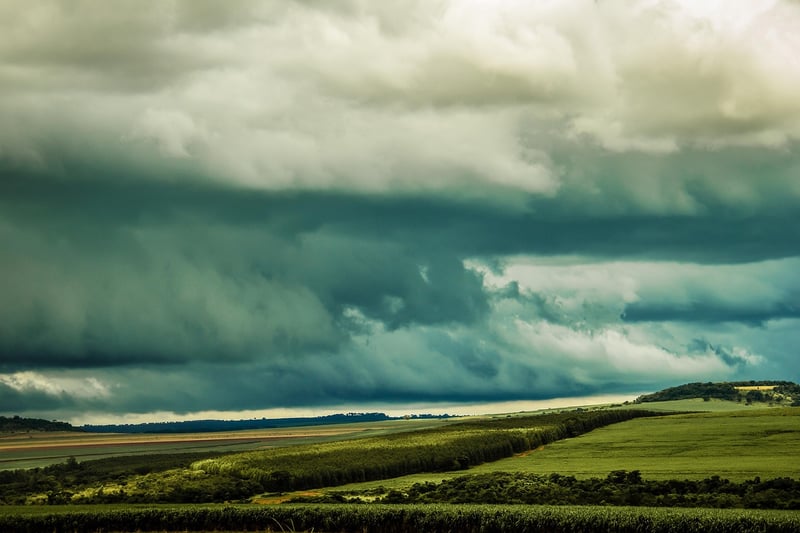Temporal Mechanics
The Science of Time Travel and Temporal Mechanics
Time travel has been a fascinating concept in science fiction for decades, but is it possible according to the laws of physics? Let's delve into the science behind time travel and explore the principles of temporal mechanics.
Understanding Time
Time is a fundamental aspect of the universe that allows events to be ordered from the past through the present to the future. In physics, time is often considered the fourth dimension, along with the three spatial dimensions.
Einstein's Theory of Relativity
Albert Einstein's theory of relativity, particularly the theory of general relativity, provides the theoretical framework for the possibility of time travel. According to general relativity, massive objects can warp spacetime, causing time dilation and creating the potential for time loops and closed timelike curves.
Wormholes and Black Holes
One of the proposed methods for time travel involves traversable wormholes, hypothetical tunnels through spacetime that could allow for shortcuts between two points in time and space. Black holes, with their immense gravitational pull, are also theorized to influence time and potentially enable time travel.
Paradoxes and The Grandfather Paradox
Time travel is often associated with paradoxes, such as the famous Grandfather Paradox. This paradox posits a situation where a time traveler goes back in time and prevents their grandfather from meeting their grandmother, thereby preventing the time traveler's own existence.
Temporal Mechanics and Causality
Temporal mechanics deals with the study of causality in the context of time travel. It explores the implications of changing past events, creating alternate timelines, and the concept of a fixed timeline where events cannot be altered.
Conclusion
While time travel remains a theoretical concept with many challenges and paradoxes, the study of temporal mechanics continues to intrigue scientists and science fiction enthusiasts alike. The exploration of time and its manipulation opens up a world of possibilities and philosophical questions about the nature of reality.

Image source: Pixabay
